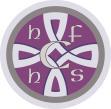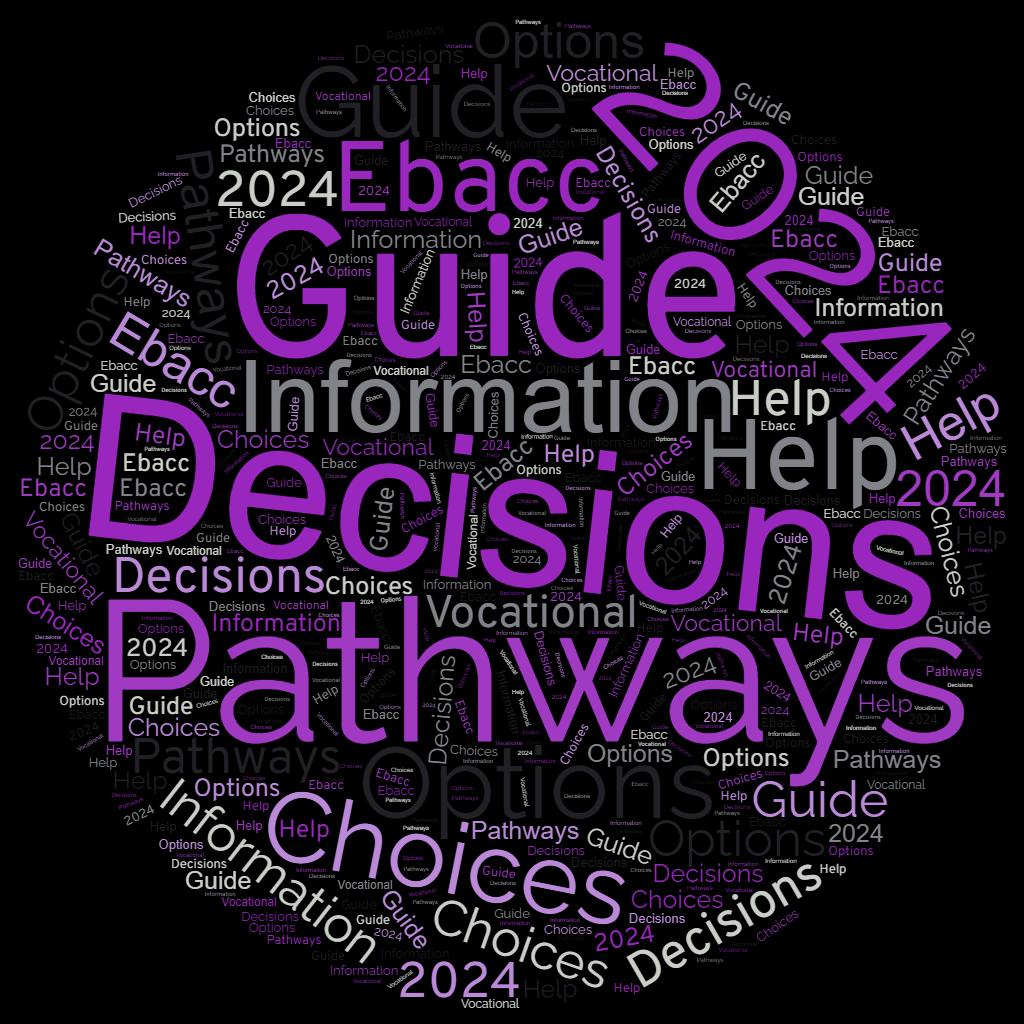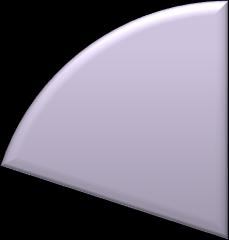






Since you started at Holy Family Catholic High School, you have taken a range of subjects and have had opportunities to learn in a wide variety of ways. It is now time to consider the next stage in your school career.
In September, you will begin courses that lead directly to GCSE and other qualifications at the end of Year 11. This means that you will need to study fewer subjects, but in greater depth. You will continue to study core subjects, but you will also have to decide which other subjects you wish to continue to study.
The purpose of this booklet is to help you and your parents to make informed choices about what type of course and which subjects best suit you. Think about your choice of subjects carefully as the decisions you make now may be influenced by what you intend to do in the future. Remember, when you finish your learning in year 11, you will be making more choices about which sixth form courses to take.
We are offering you a curriculum in Key Stage 4 which is relevant to your needs, both now and in the future. This curriculum will enable you to achieve your maximum potential at this level. Courses are arranged in such a way as to meet two other general aims:
1. To provide a broad and balanced education which keeps your career and further education options open for as long as possible. and;
2. To give you the chance to follow your individual interests and develop your own particular abilities, both inside and outside the classroom.
Every student will have the opportunity to have an options meeting with a senior member of staff. The process for choosing subjects will be explored and the appropriateness of each subject choice discussed in detail. The whole options process is about finding the right balance of subjects to get the best possible value in terms of qualifications for you, whilst still ensuring a balance to the curriculum. If parents/guardians would like a separate individual meeting then we can accommodate this.
All pupils will need to complete an online options form. You will be given details of how to access this form and when it needs to be completed by.

After subject choices forms have been completed they will be scrutinised by the school. Our aim will be to give you your first choices, but we must stress that this is not always possible for the following reasons:
• More pupils opt for a course than there are places available.
• Not enough pupils opt for a course and therefore we are unable to run it.
• In our opinion, you have made an inappropriate or unwise choice.
In these cases, you and your parents will be kept fully informed, and no change will be made to your choices without discussion of the options available. When making decisions on subject places we take into consideration your application and commitment to the subject over the last three years.
We hope the information provided in the accompanying booklet is useful to you. Please do not hesitate to contact the school at any stage if you need clarification on any point or if you feel concerned.
There is always help available. Speak to your form tutors, class teachers, Progress Leader and senior staff such as Mrs Parker, Mr Nutman and Mr Westbury. Teachers are there to help you with your decision making. Make the most of them so that you choose the options that work for you. Involve your parents or carers – they want the best for you and will be keen to support you through this process.
DISCLAIMER: T

Next year you will continue to study many of the subjects you currently have – English, Maths, RE, and Science. You will also be studying three subjects that you choose from the option blocks. In order to decide which subjects you wish to study you will need to:
• Spend time reading this booklet, exploring your skills and strengths and how these relate to the choices you are considering
• Talk to staff about your current progress in different subject areas and how this may influence your choices
• Attend any one-to-one guidance interview
• Get information on the Choices process in assemblies.
A separate booklet will be provided with information on the different courses available to you. When considering your choices, you should think about the following as you go through the booklet:
• Will I enjoy the subject content?
• Do I enjoy practical subjects or more theory-based subjects?
• What kind of assessment suits me?
Who can help you?
Who knows you really well?
Talk to your parents, carers and subject teachers. They want the best for you and will tell you if they think that an option will suit you and explain why. They will also help you to explore and think about alternatives.
Who knows what you need to know?
Don’t let teaching methods, workload and assessment come as a surprise. Find out what an option is really like, where it leads and how it could help you in the future. Check that it suits your abilities and interests. Read all the information you can get. Talk to the staff in charge of the subjects and the students currently doing them.
Who can give you help if you’re confused?
Speak to the people in charge of the options process – Mr Nutman, Mr Westbury, your Progress Leader and Mrs Parker. They know a lot about what each option involves. They can tell you how it could help you in the future and where to get more information and help.
You – Do your research!
• Read all the information the school gives me
• Check which subjects are compulsory for each pathway
• Talk to the teachers to see if they think it is a good idea to do their course
• Talk to people who are already studying the course which interests me
• Talk to my parents/carers to find out what options they think I should do and why
• Look up the careers that interest me on the internet and find out what subject, qualifications and grades I will need for these careers

Choosing well means thinking hard about:
• What you are like
• How different subjects may help you in the future
I am...
Practical Creative Sociable Investigative Enterprising Organised
My options
Subjects I don’t like and why:
I learn best by...
Seeing and reading
Listening and talking
Touching and doing
Doing projects
Doing tests
Subjects I like, or may like, and why:
Career ideas and interests and subjects I may need:
Things I want to know before I make choices:

• It is a qualification introduced by the Government.
• It is not an exam in itself but an extra measure that you will gain if you get a GCSE grade 5 or above in all 5 subjects from the following GCSE subjects that are usually looked on favourably by universities.










These subjects are the ones most regularly asked for by college and university courses. This is important to consider when deciding which GCSEs to take. You don’t need to have studied all of these to go to university, but having your GCSE mix steered towards EBacc subjects will help keep your options open. Therefore, it will be appropriate for a number of students to study this suite of subjects alongside options of their choice.

As students begin to consider their choices we are often asked the following questions:
What subjects do I have to study in Key Stage 4?
At Holy Family we require that all pupils study:
English
Mathematics
Science
Religious Education
A Modern Foreign Language or Geography or History
These form the core subjects for the General Certificate of Secondary Education (GCSE). Physical Education (PE) is a compulsory non-examination subject but it can also be chosen as an option at GCSE level and you will also follow a Personal Development curriculum which is not examined.
How is the GCSE examined?
Students sit their GCSE examinations at the end of Year 11. Some examinations are offered at Foundation Level and Higher Level. You will be entered for the level which best suits your needs and abilities after consultation between yourself, your parents and your teachers. Decisions of this kind are usually made in January of Year 11 after your prediction examinations. Vocational subjects tend to be more coursework and portfolio based. A section of the work is assessed in school and moderated by the exam board, and there will also be an examination.
Does my success in Years 10 and 11 depend entirely on how well I perform in exams?
Yes, for many subjects. However, an essential part of some GCSE examinations are the marks awarded for controlled assessments or practical work completed throughout Key Stage 4. You will be given opportunities to draft some of your controlled assessments and to consult your teachers for help and advice. If you organise your time effectively and meet deadlines you will achieve your best work. This of course will enable you to go into your final exams with a percentage of the marks already banked.
How many options must I choose?
You need to choose four subjects on the ‘Options’ form that you complete online. You need to choose three options and a reserve. Whilst we try to support your choices, it may be that all pupils will not have their first choice because of the numbers opting or because of staffing.
Where will I get the information from to help me make a sensible choice?
Firstly, take the time to read the information provided to you about the various option subjects on offer. Secondly, your teachers will talk to you about what GCSE study of their subject involves and the career opportunities which can follow from it. Remember the discussions and advice that you have been given in assemblies. Don’t be afraid to ask questions. Also, you (and your parents if requested) will be given an individual interview.

The short answer is ‘no’. However, it is important to be aware that a broadly-based selection of subjects will allow you to keep your options open after Year 11. There are no specific combinations of subjects for particular pathways at 16. Choose the subjects you enjoy and feel you will do particularly well at. Your target is to obtain a minimum of 5 GCSEs at Grade 9-5 which will keep all options post-16 available to you, or, to gain the necessary qualifications to enable you to progress in your chosen area.
The Careers programme during years 10-11 includes an interview with an external Careers representative and work-related activities. During Personal Development lessons you work on self-awareness, target setting and a Careers Programme which provides access to many web sites concerned with career choice. This will enable you to make informed decisions and to realise the importance of lifelong learning throughout your working life.
These choices are very important because your grades at GCSE are your “passport” to future education or employment.
1. Research all your options before making a decision
2. Choose the subjects you are likely to do best in. Use your current levels and the feedback you have had from your teachers to guide you.
3. Don’t make a choice just because you like the teacher. That teacher may well not be taking the group you end up in.
4. Be realistic about your strengths and weaknesses and accept realistic advice about the type of course you choose.
5. Above all, don’t choose a subject because your friend is doing it! There is no guarantee you’ll end up in the same class!
The majority of students will study the subjects they choose; however, there are always some students whose choices cannot be accommodated. In these cases, students will be re-interviewed and asked to reselect one of their choices.
YES

Do choose a course because...
It fits your interests and abilities
NO

Do not choose a course because...
Your friends have chosen it
You are good at it It seems “okay”
You think you will enjoy it
You like the teacher you think you will have It links to a career idea
You think you might want to continue studying it post-16
It will help to give you plenty of choice post-16
You think it will be easy
You didn’t properly research your choices or get advice
You are convinced you need it for a career without doing proper research